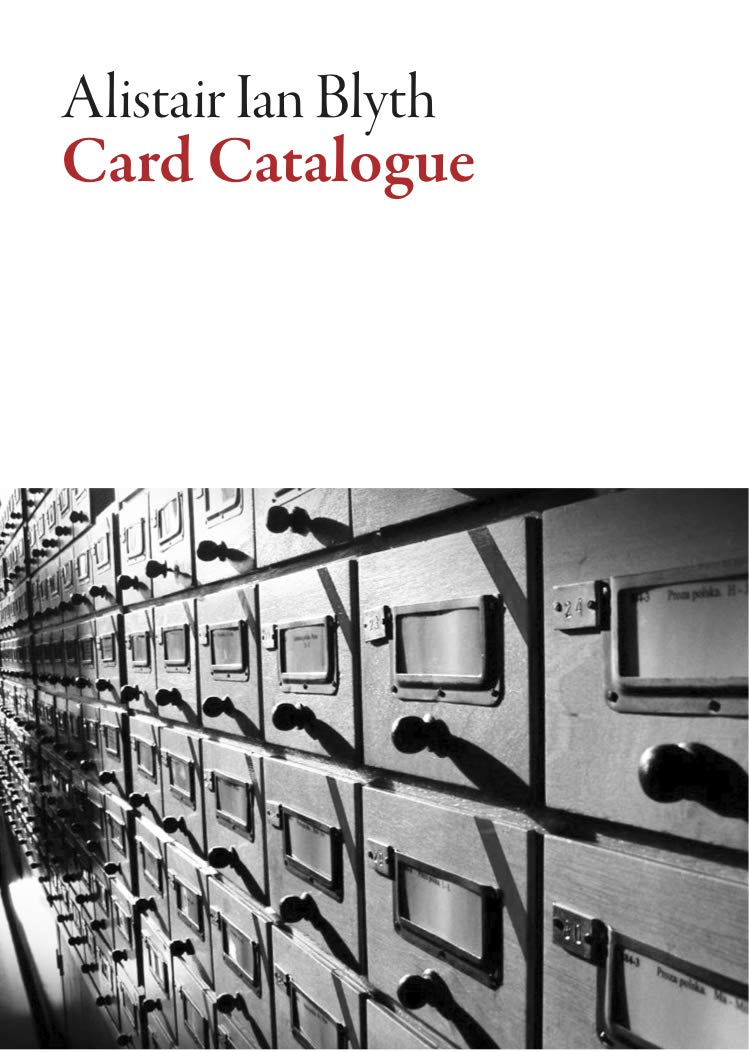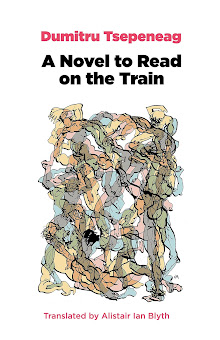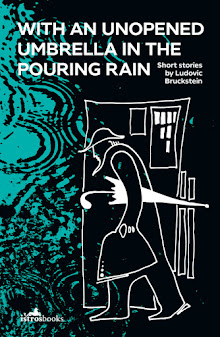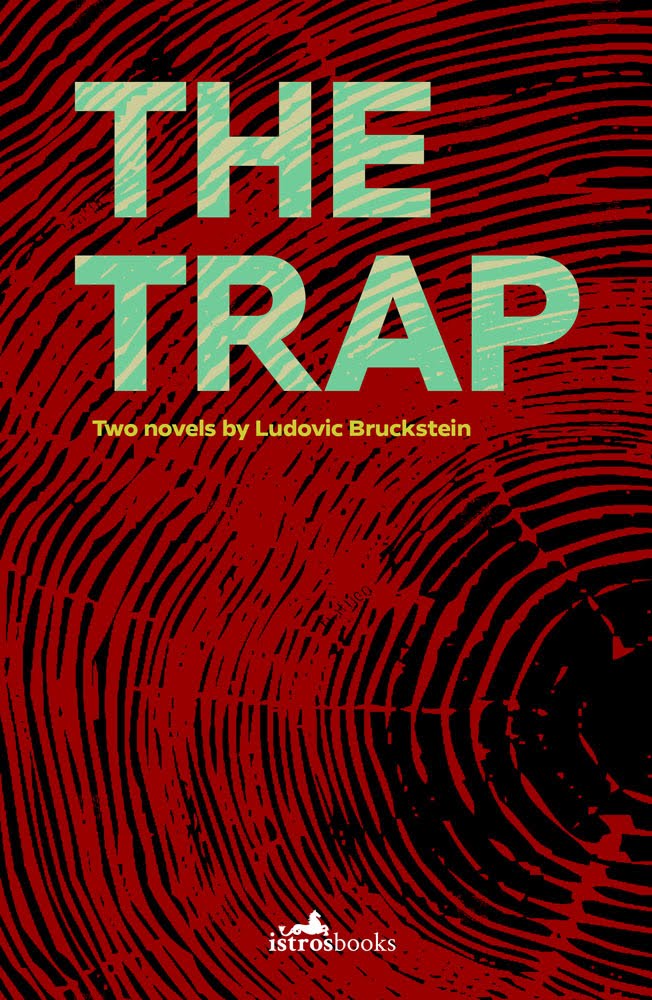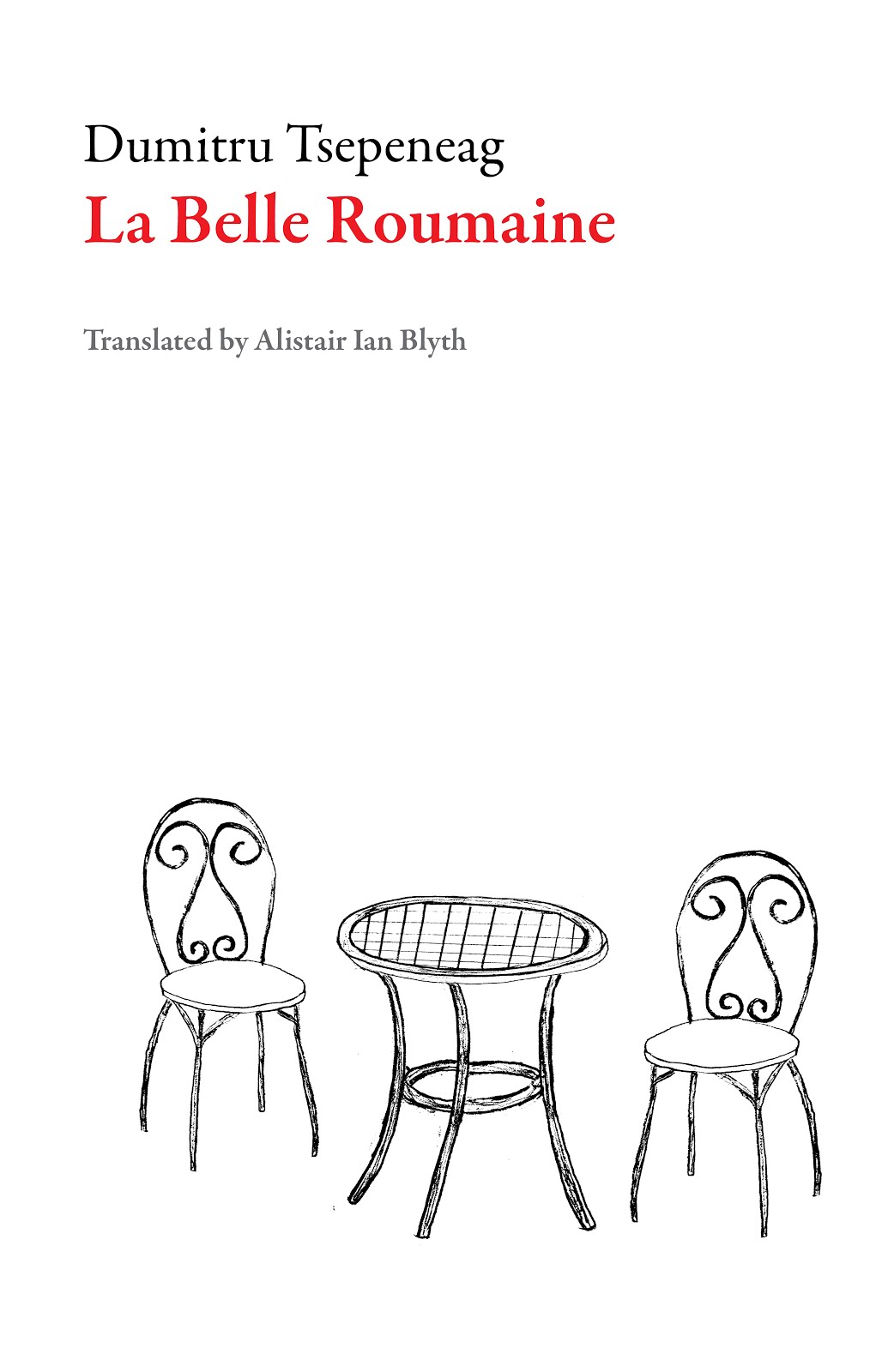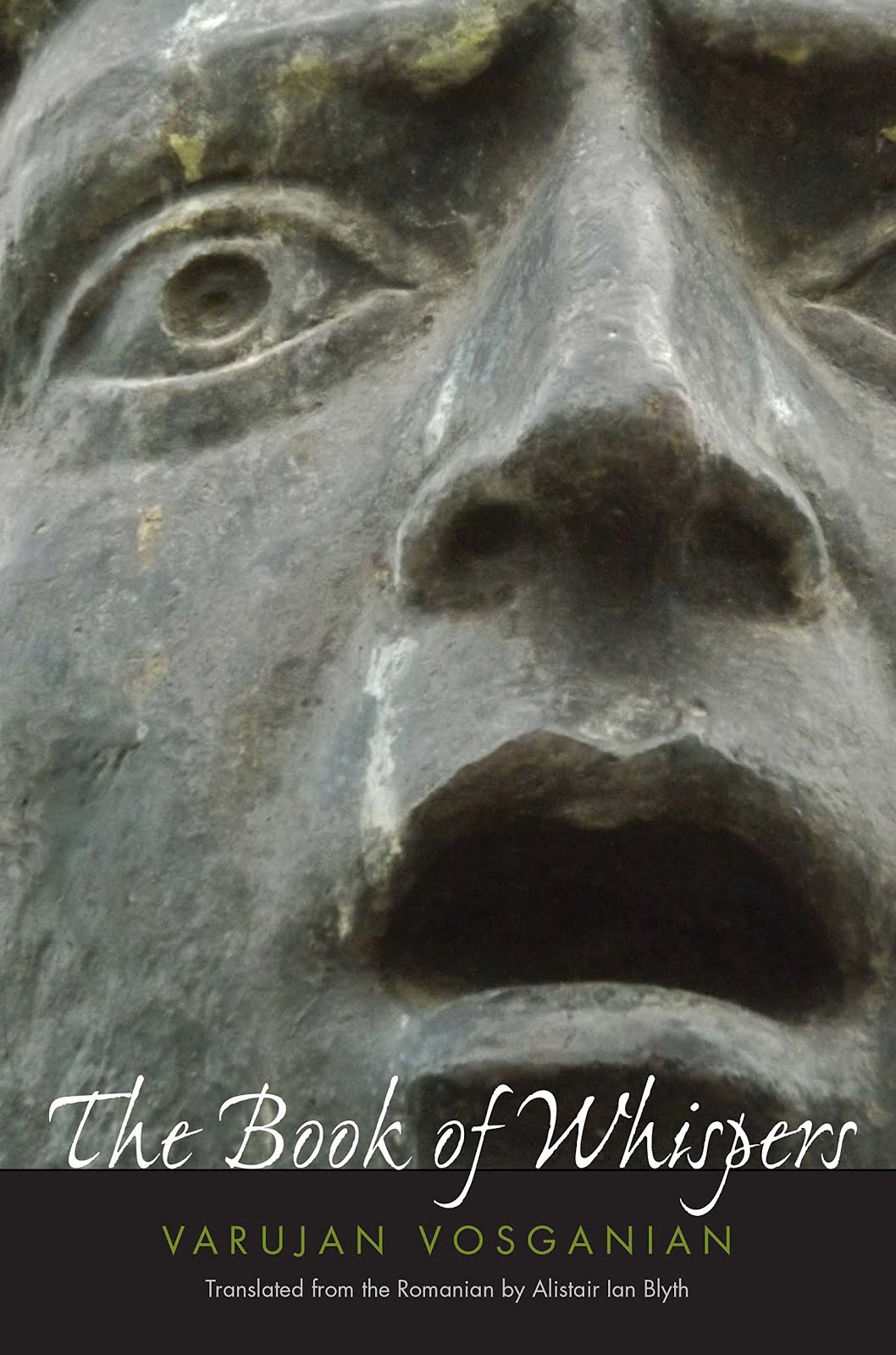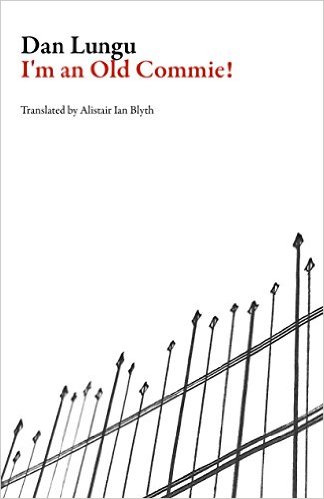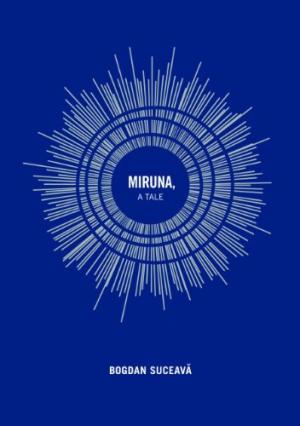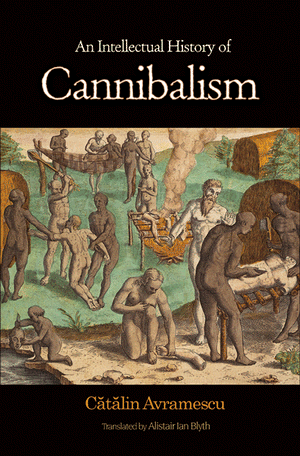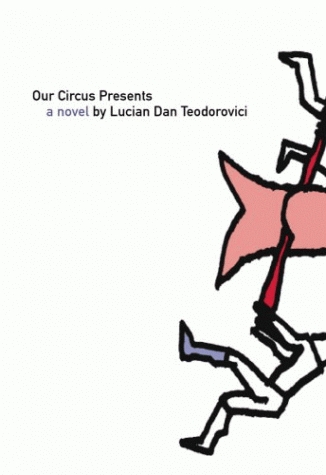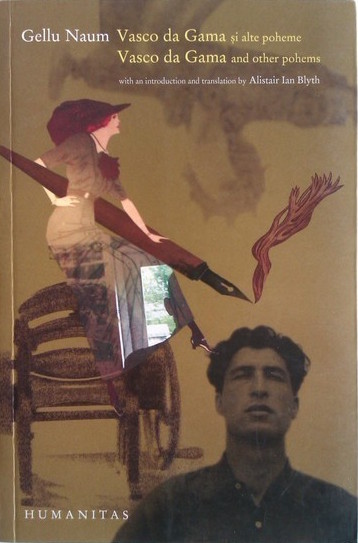Gellu Naum (1915-2001)

In the Silent Mornings (Tăcutele dimineți)
from Culoarul somnului/The Corridor of Sleep (1944)
In the silent mornings or in the silent nights
there is a haunch there is a thigh there is a panther
I try to catch your shoulders using a violin
as a butterfly net
but if your hair chimes it's because it's dreaming
if your eyelid blossoms it's because of the wind
if your hand howls it's because it's night
if your ears sleep it's because they're famished
if your shoes laugh it's because they're thinking
and if your shoulders take flight it's because it's very late
If your hand falls silent it's because it's a seashell
if your veins race it's because of the mandrake
if the thigh listens it's because there are still leaves
if the blood foams it's the fault of the umbrellas
If your frock screams it's because it's dying
if your shadow flickers it's because it's burning
if your fingernail sits on the curtains it's because they're violet
if your foot whinnies it's because of the clouds
if the lungs fall asleep it's because it's dark
and if your shoulders choke it is assuredly because of the trees
in Gellu Naum, Vasco da Gama și alte poheme/Vasco da Gama and other pohems, ediție bilingvă română-engleză, introducere și traducere de Alistair Ian Blyth, Humanitas, Bucharest, 2007 (ISBN 978-973-50-1136-9)









